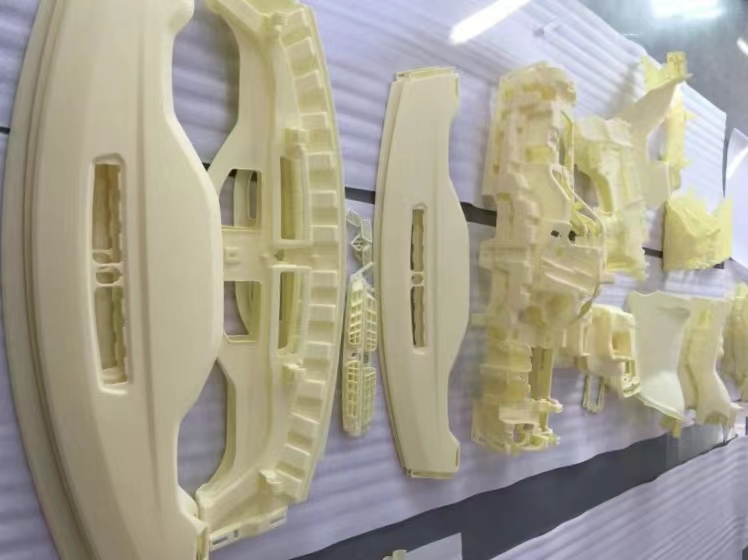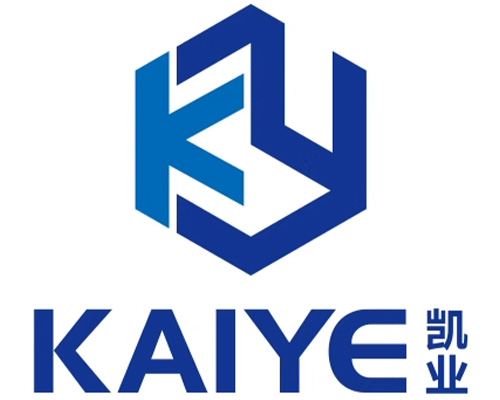As global manufacturing advances, rapid prototyping technology is emerging as a focal point across industries. This technology leverages advanced artificial intelligence algorithms to generate complex prototypes swiftly, bringing numerous innovations to product development and manufacturing processes.

The primary advantage of rapid prototyping lies in its efficiency and flexibility. Traditional prototyping typically takes weeks or even months, whereas AI-driven rapid design technology can complete the process in just a few days, significantly shortening design cycles and accelerating time-to-market for products.
Furthermore, rapid prototyping enhances design accuracy and repeatability by optimizing the design process through intelligent algorithms, reducing human errors and material waste, thereby lowering manufacturing costs and improving production efficiency.
However, despite its significant advantages, rapid prototyping faces challenges. The complexity of the technology and high technical costs are common issues in the industry. Training and optimizing AI algorithms require substantial data support and specialized technical expertise, which may pose barriers to entry for small and medium-sized enterprises.
Industry experts and analysts believe that as AI technology matures and costs gradually decrease, rapid prototyping will become more widely adopted across industries, including automotive, electronics, and consumer goods sectors. It is expected that in the coming years, this technology will become a critical tool for businesses aiming to enhance competitiveness and innovation capabilities.

